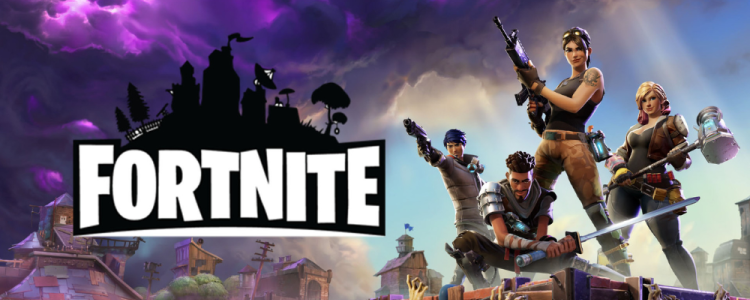The Phenomenon of Fortnite: A New Era of Gaming

In the world of digital entertainment, few names have made as much of a splash as Fortnite. Launched on July 25th, 2017, by video game company Epic Games, this multiplayer action game rapidly grew to become a global phenomenon, captivating the hearts and minds of players around the globe. But exactly what is the story behind Fortnite, and how has it influenced the broader landscape of the video gaming world?
Designer Darren Sugg and the creative minds at Epic Games first introduced Fortnite as a co-op sandbox survival game designed around the concept of building structures to withstand waves of oncoming monsters. The game initially featured a paid model, with its original Save the World mode requiring a purchase. But it was the introduction of a free-to-play battle royale mode later in 2017 that catapulted Fortnite from popular sandbox game to global sensation.
Taking its cue from the popular cultural phenomenon of battle royale competitions, the new mode pitted 100 players against each other, either solo or in squads, on an ever-shrinking map, with the last player or team standing proclaimed as the victor. This simple yet engaging concept proved to be a proverbial gold mine, garnering a surge of attention from gamers on all platforms.
Gradually, through the unique mix of shooter, survival, and building elements, Fortnite carved out a niche for itself, becoming a unique entity that redefined many of the previously established norms in the gaming industry. It allowed a cross-platform play between users on different gaming systems, a feature that was once a rarity. The developer's innovative thinking did not stop there; in partnerships with various entertainment franchises like Marvel, Star Wars and other popular brands, Fortnite bridged the gap between gaming and mainstream entertainment – a trend that has permeated the gaming industry since.
Moreover, Fortnite structurally altered the industry's perspective on revenue generation. Despite the game itself being free to play, it generates massive revenue from in-game purchases funded by its worldwide player base, through a system of virtual currency known as V-Bucks. Players use these to purchase customizations for their characters, such as outfits, weapon skins, and celebratory dances, proving that free-to-play games can be profitability giants.
Even after four years of its release, Fortnite continues to shape the industry's future. The developers are ensuring that the game remains at the forefront of the industry, with regular updates, including new game features and modes. Furthermore, the developers have maintained its presence in the pop culture zeitgeist by hosting virtual concerts and movie showings within the game. Artists like Travis Scott and Marshmello have even performed live in-game, playing to an audience of millions around the globe.
From a future perspective, Fortnite's success has proven that the limit of originality in gaming can push far beyond traditional boundaries. Its business model and incorporation of entertainment elements, along with cross-platform and cross-generation accessibility, epitomizes a new standard for the video game industry.
As technology further advances, there is little doubt that Fortnite and the innovations it has pioneered will continue to play a significant role in the shaping of the gaming industry. Through Fortnite, Epic Games has not only created a game but a cultural phenomenon that challenges the norms and continues to redefine what the world of gaming can truly offer.






